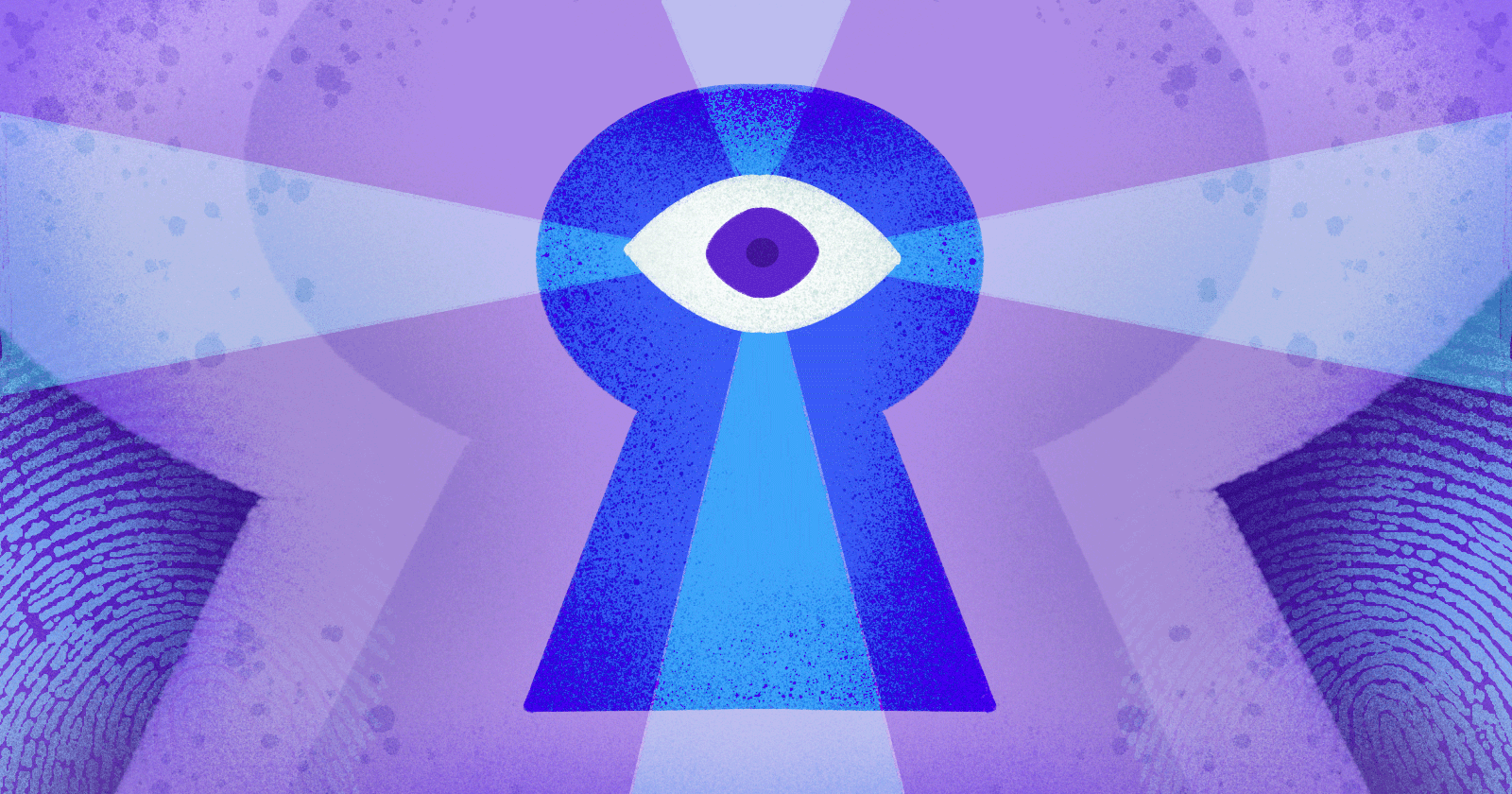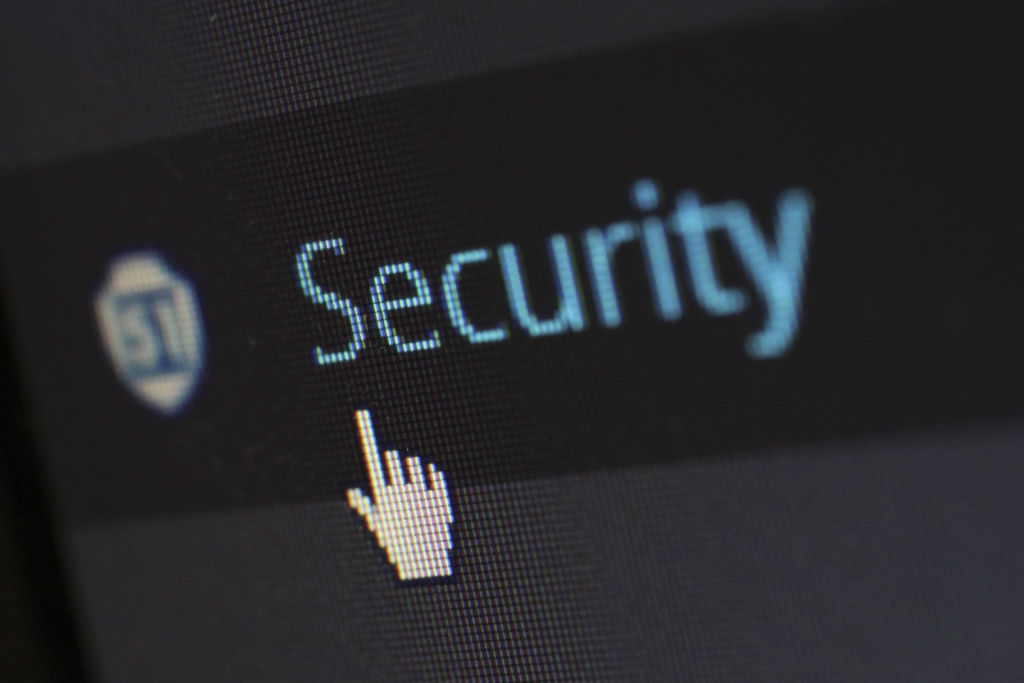It’s hard to run a business. Besides the numerous challenges you have to deal with daily, ensuring the security of your business and customer information is essential for operating smoothly. In order to mitigate information security risks that would affect companies and their users, a number of security regulations have been created, including a set of best practices that companies must follow.
Compliance with regulations will allow you to:
- Reduce security and privacy risks
- Strengthen control of key processes
- Align cybersecurity requirements with business processes
- Better understand the goals of cybersecurity and how to handle business security challenges
- Maintain effective cybersecurity programs
- Build customer trust and improve company reputation
One critical requirement to achieve compliance is backups. Organizations back up information that’s vulnerable to threats like software or hardware failures, hacker attacks, or human error. Any one of these problems could potentially lead to data loss, system malfunctions, financial losses, and reputational damages. In this post, you’ll learn more about why data backups are an important part of compliance, and about the benefits of having a robust backup strategy.
Why are backups important for compliance?
Regulations like GDPR, PCI, HIPAA, along with others, were created to ensure that organizations implement the most reliable methods to secure all types of sensitive data from infrastructure failures and malicious attacks. Compliance can’t be achieved unless an organization handles data in a way that adheres to the outlined regulations.
Certifications like ISO 27001 and SOC 2 are considered the most thorough audits an organization can go through to prove they have taken all the necessary steps to protect business and user data. Unlike the regulations mentioned above, ISO 27001 and SOC 2 aren’t legal requirements, but they’re especially beneficial to SaaS companies, data centers, and organizations that deal with sensitive information. They make it very clear that the company takes data security very seriously and considers it a top priority. By properly implementing the data and privacy controls required, you can increase reliability and user trust, as well as gain a competitive advantage over other companies.
To be able to obtain such certifications and comply with regulations and different standards in general, you’ll have to maintain robust, up-to-date backup processes that ensure data is always protected, but also available to users—even in cases of unexpected events, like natural disasters, cyberattacks, data losses, and human error. In other words, to comply with regulations, your backup processes will have to match your business continuity plan, and the data backup tools you are using should be able to handle your backup processes.
Backups, of course, do more than enhance business continuity, as mentioned above. Although they can’t prevent an attack or a data loss from happening, they’re an integral part of your overall security strategy, since they allow you to restore lost or corrupted information, mitigating the consequences of such an event.
There’s no fixed rule for how frequently you should back up, but ideally, to secure valuable information, you should implement a combination of full and partial backups as often as possible. Fortunately, great data backup solutions can handle this complex but crucial task with efficiency.
The difference between backups and compliance
Backups and data availability are just one of the many requirements needed for a company to comply with any regulation. It’s an important part, but it’s not enough on its own. Obtaining a security certification isn’t a quick and easy process that you can decide to do and then finish a month later. It’s a time-consuming process that will require buy-in from every member of your team, and will ultimately involve in-depth tests and evaluations of how you secure data.
Although each certification is slightly different, all of them require a company to implement a wide range of security procedures. For example:
- Structure your organization in a way that allows optimal management of the services you provide.
- Have a strong disaster recovery plan.
- Communicate in detail with users about how your system works, your security policies, and processes.
- Perform risk assessments regularly to identify risks, measure their impact, and create a plan to address them quickly and effectively.
- Continuously monitor your security controls to verify they’re operating as expected.
- Make adjustments as needed to stay ahead of the latest security threats.
- Control physical access to your devices, and prevent unauthorized access to your systems.
- Integrate best practice security procedures into your day-to-day workflows.
- Optimize system operations to detect vulnerabilities early and deal with security incidents.
- Clearly describe how you handle changes in your infrastructure to ensure that they won’t affect your business operations.
The above is far from an exhaustive list that will guarantee your regulatory compliance. There are numerous criteria you need to fulfill. Although compliance might seem a huge undertaking, the benefits surpass the difficulties.
As the security risks in the technology world are constantly changing and becoming more sophisticated, organizations must be able to deal with them or face the consequences. For businesses that want to protect their customers and themselves, following security standards has become necessary. But security compliance isn’t an easy task, and it’s made more complicated by the fact that all of the vendors you use must also be compliant.
Having a reliable data backup strategy is a crucial step for compliance with regulations and achieving business continuity. Fortunately, there are top-notch data backup tools that can make this complex process easier. They allow you to back up regularly to secure your valuable data, and will often automatically run backups on a schedule of your choosing.
Rewind is a complete data backup and recovery solution suited for businesses in industries such as ecommerce, accounting, and software development. Rewind is fully compliant with the GDPR and has achieved SOC 2 Type 2 compliance. This ensures that your business data is properly protected, and your backups follow the strictest security standards. With Rewind’s automated daily backups and quick data restoration, you can minimize the consequences of potential data loss and keep your business running smoothly.

 James Ciesielski">
James Ciesielski">


